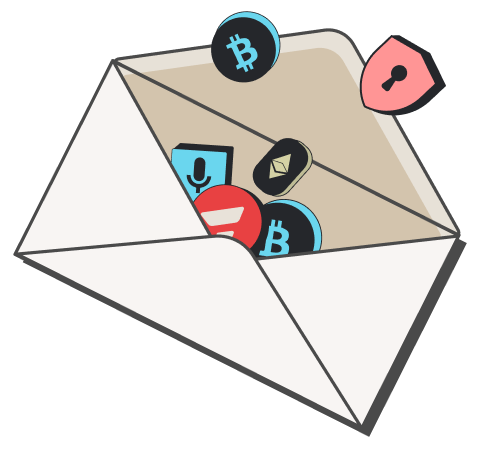DYOR stands for “Do Your Own Research,” and in the blockchain world, it’s more than just advice: it’s a key strategy. The phrase is a reminder that not everything you see online is trustworthy, especially in fast-moving, hype-driven crypto spaces. DYOR means you should take the time to verify information, cross-check sources, and ask questions before putting your money or your data into any project.
This is especially important when dealing with unfamiliar tokens, new decentralized apps (dApps), or strangers offering “help” via private messages. Unfortunately, scams are still common, and one of the biggest risks is accidentally exposing your seed phrase or private keys to someone pretending to assist you. Once those keys are gone, so are your funds.
Doing your own research means checking whether a project’s smart contracts have been audited, seeing who’s behind it, and looking for verified code, real contributors, and red flags. And if something promises too-good-to-be-true returns? It usually is.
We talk about terms like DYOR because they capture the reality of self-custody and open systems. Blockchain gives people freedom, but it also expects them to be ready for it. As digital assets become more mainstream, there’s a clear need for policies that support education, improve standards for transparency, and protect consumers—without compromising the core values of decentralization.
